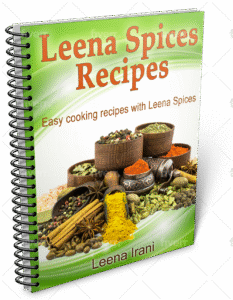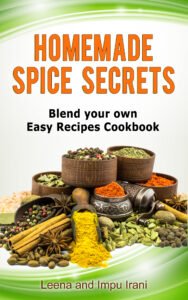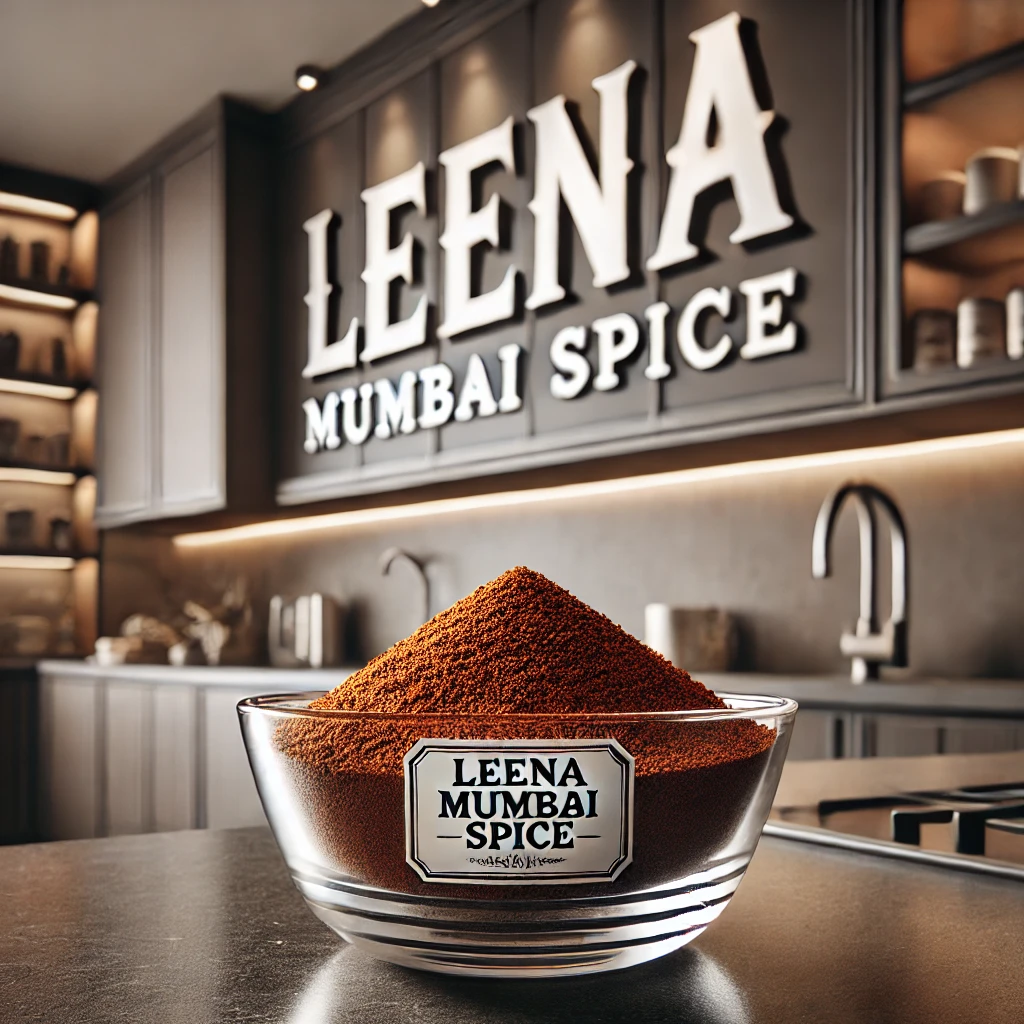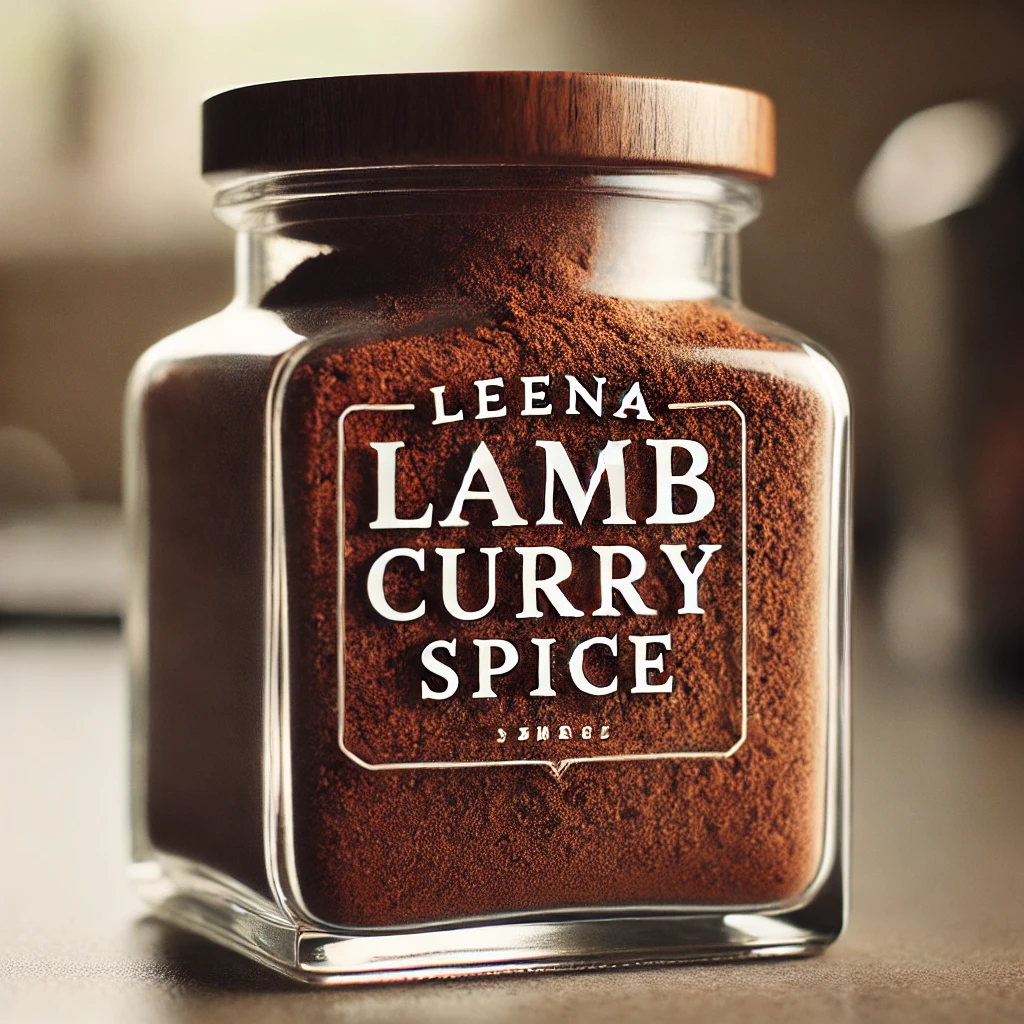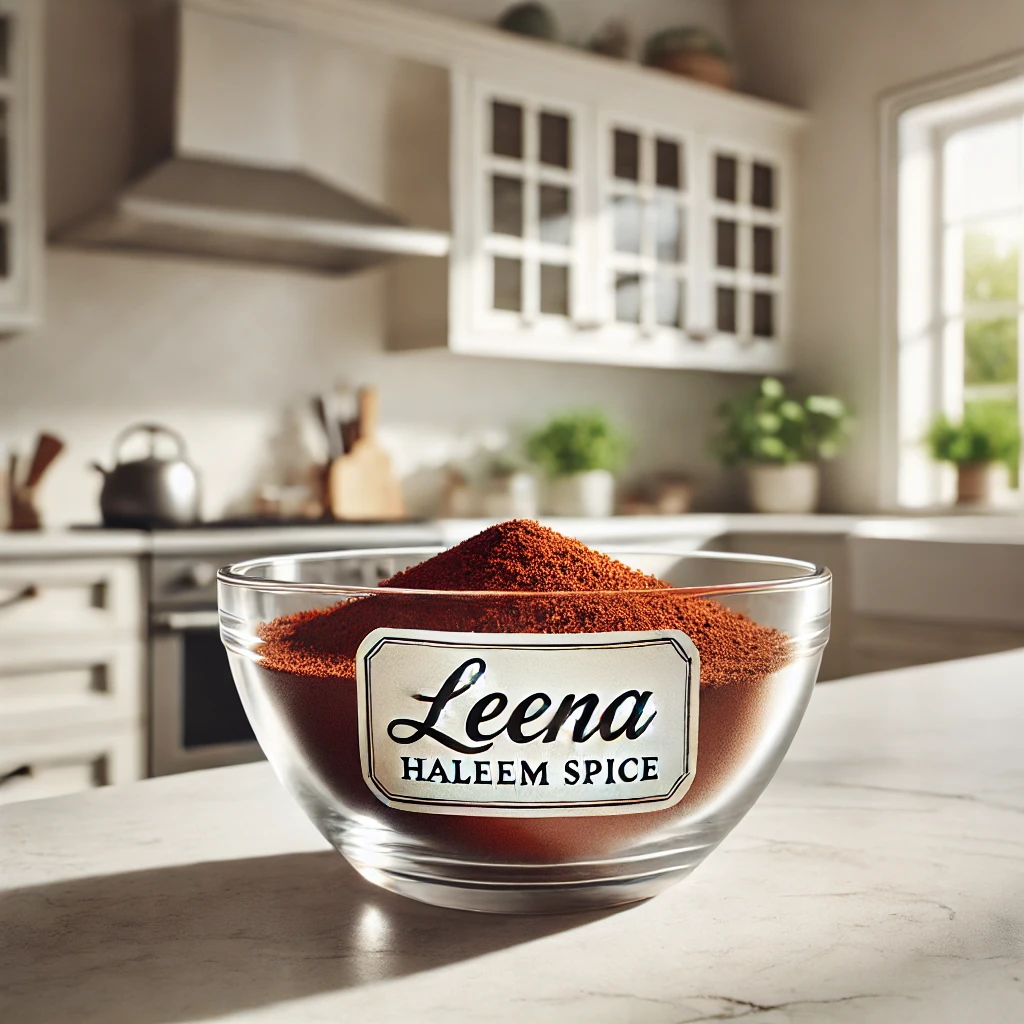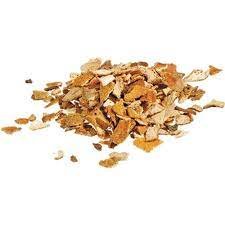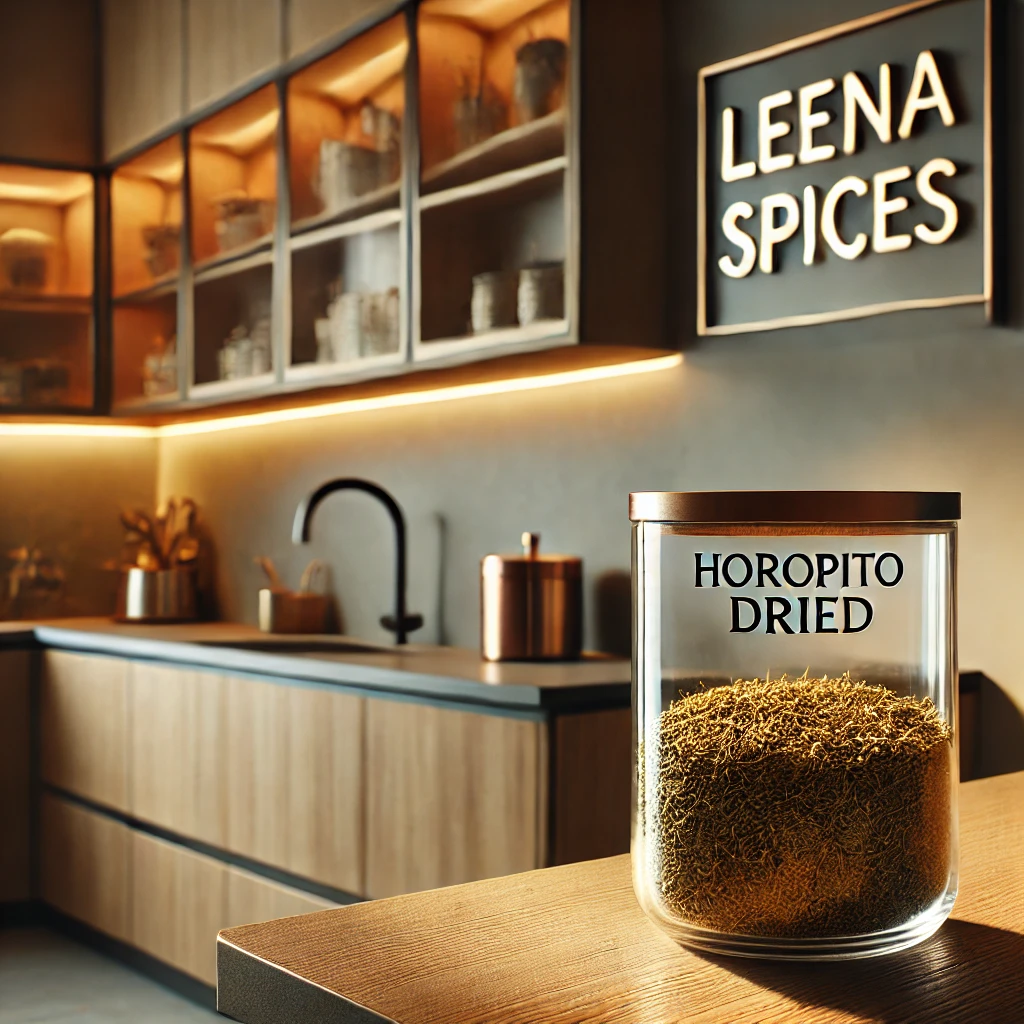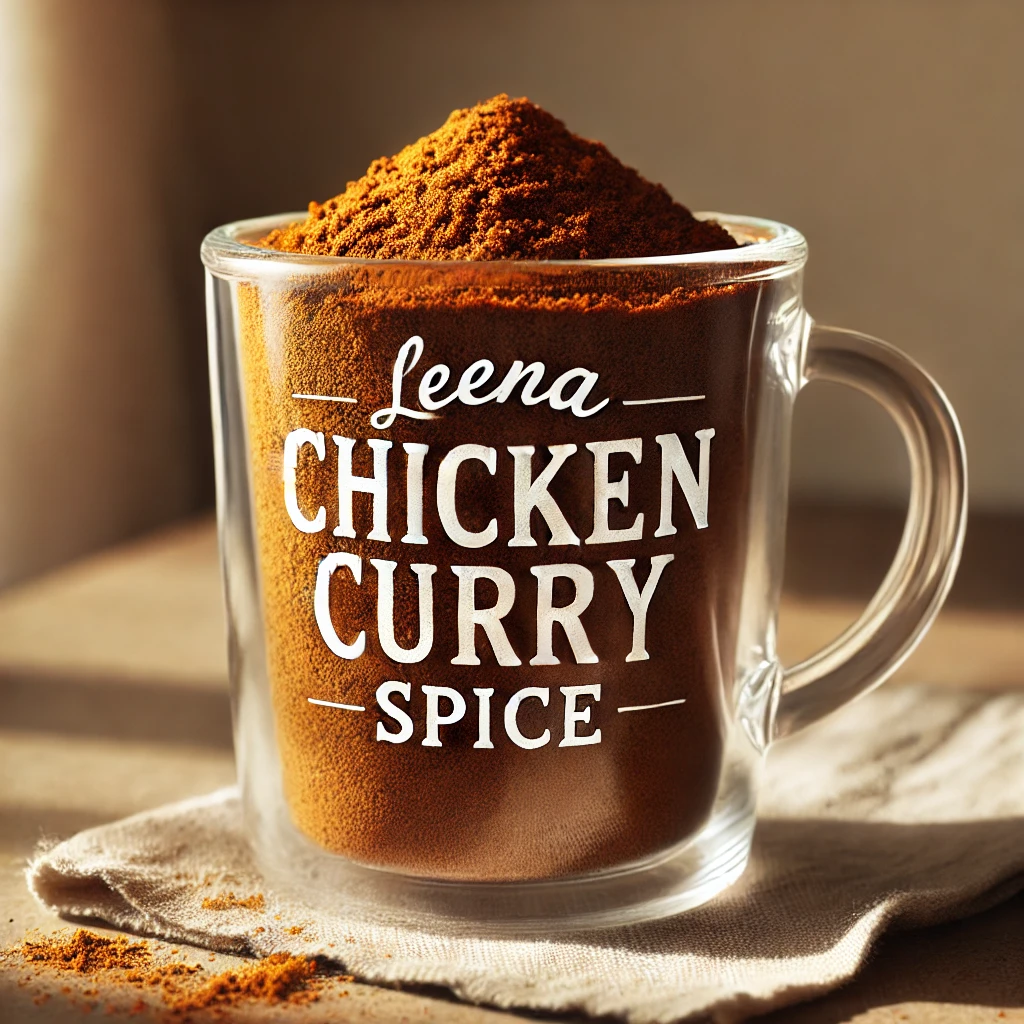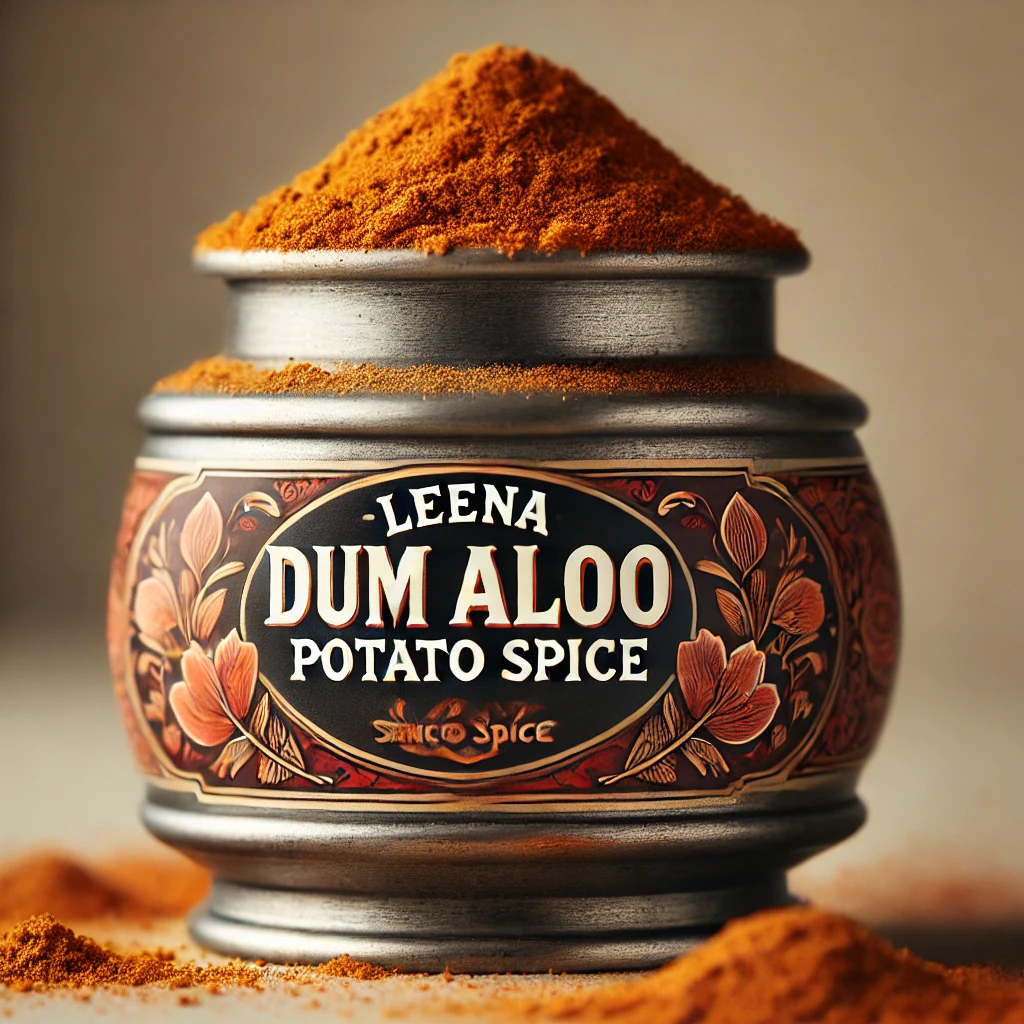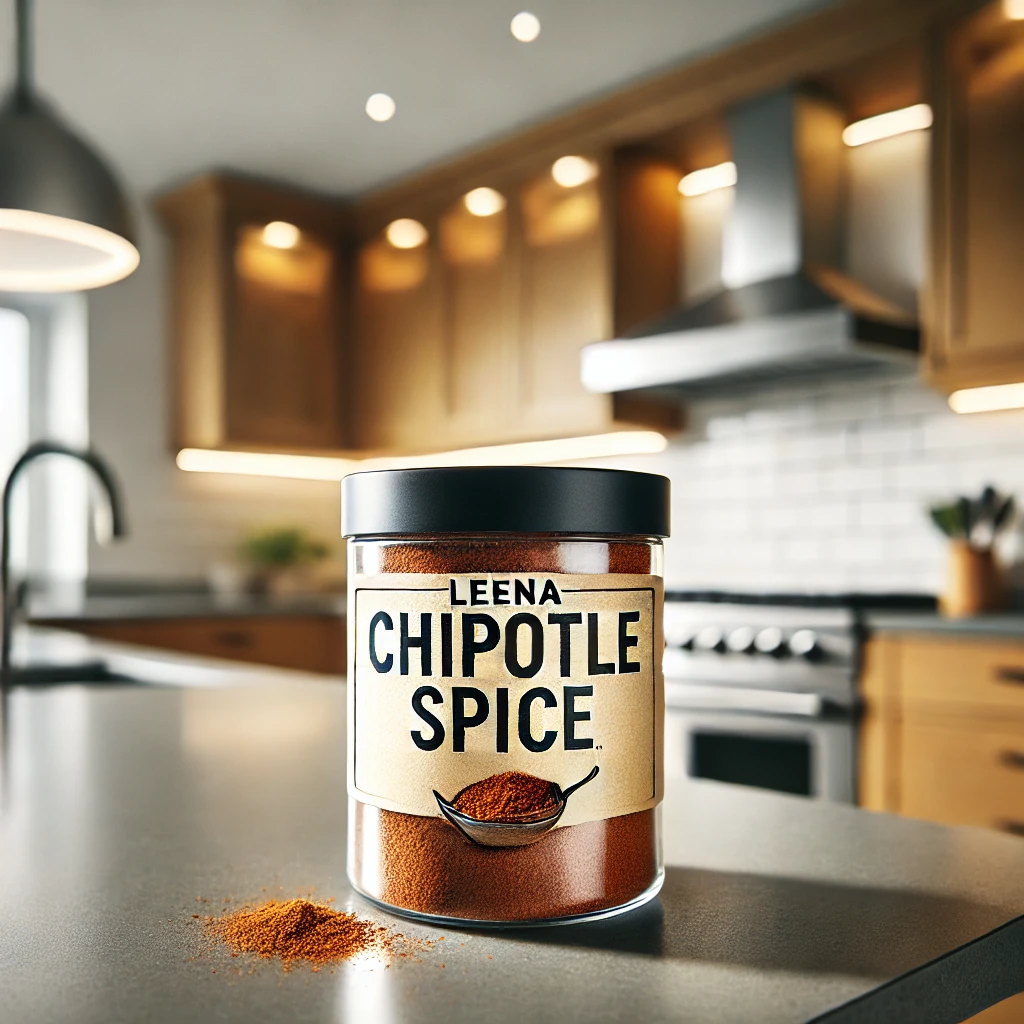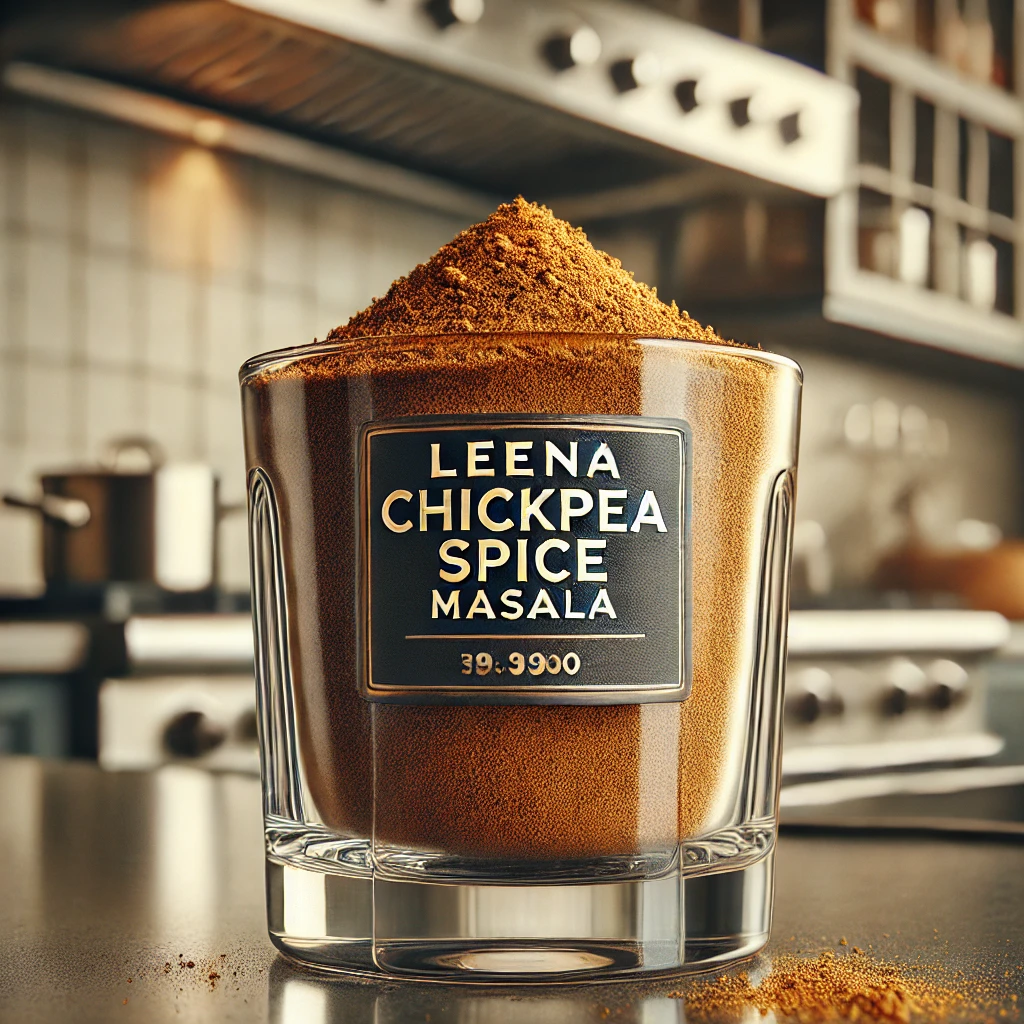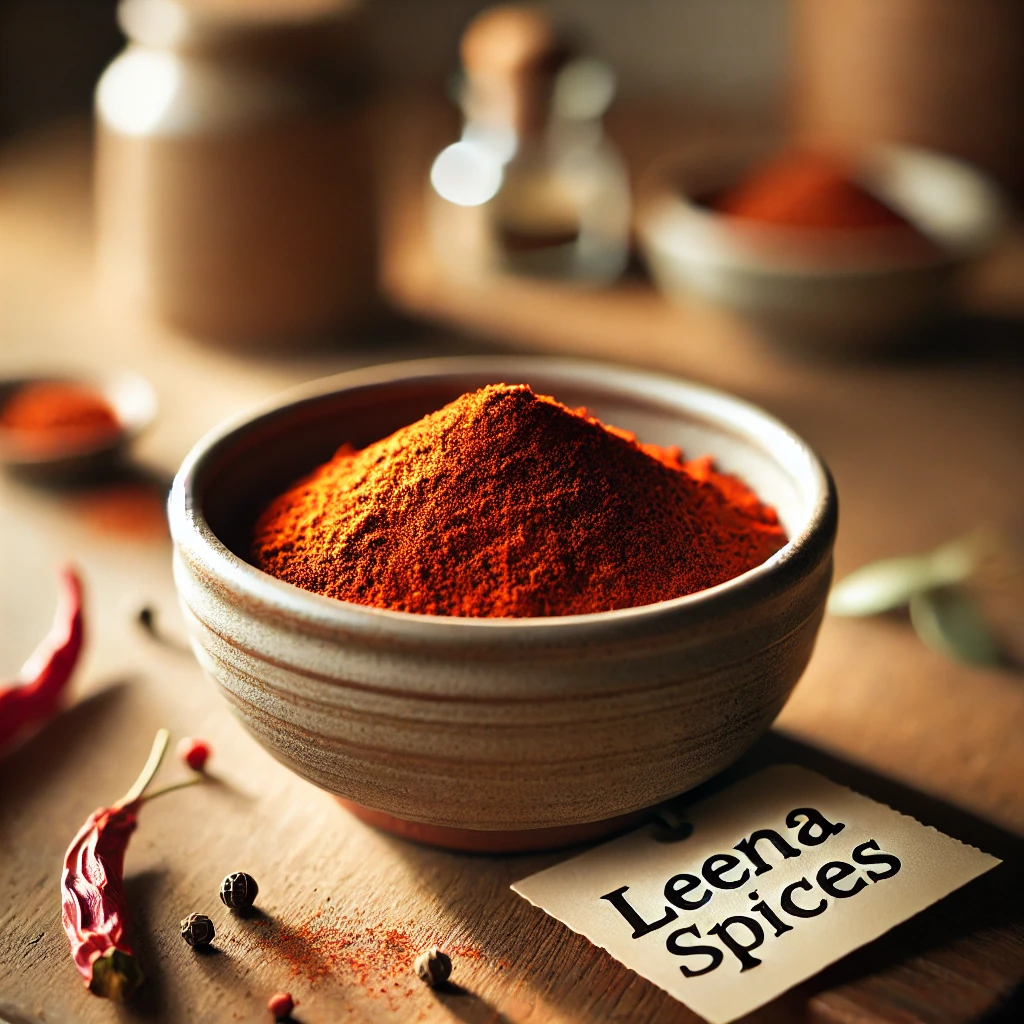15 Magnesium-Rich Herbs and Spices: Are You Getting Enough?
Table of contents
- Key Takeaways
- Understanding Magnesium in Herbs and Spices
- What are the benefits of magnesium in a natural form from kitchen spices
- Why Get Magnesium from Kitchen Spices?
- The Unique Advantages of Getting Magnesium from Spices
- What Herb Is Highest in Magnesium?
- Which Spices Are High in Magnesium?
- Frequently Asked Questions (FAQs)
- Closing Thoughts
Key Takeaways: Magnesium-Rich Herbs and Spices in New Zealand
What are the best magnesium-rich dried herbs available in New Zealand to combat declining intake?
Some of the best options include dried coriander leaf (cilantro), dill, basil, chives, spearmint, sage, and fennel seed. These herbs are naturally rich in magnesium and can help support your body’s mineral balance—especially as modern soil depletion has reduced magnesium levels in many foods.
Can I get enough magnesium from dried herbs and spices to meet New Zealand’s recommended daily intake?
Not entirely. While herbs and spices are packed with magnesium by weight, they’re used in small amounts. A teaspoon may provide only a few milligrams—but when used regularly across several meals, the contribution becomes meaningful over time.
Which herbs and spices are highest in magnesium content?
Dried coriander leaf is the highest, offering around 694 mg of magnesium per 100 g. Other high sources include celery seed, fennel seed, cumin, mustard seed, and sage. Even though you won’t use 100 g at once, their concentrated nutrients add up in daily cooking.
How much magnesium can I get from adding spices to my food daily?
Depending on how often and how much you use, adding a mix of magnesium-rich herbs and spices can provide 5–15% of your daily magnesium needs—especially when combined with other whole foods like nuts, seeds, and leafy greens.
Are magnesium supplements better than getting magnesium from herbs and spices?
Supplements can help with severe deficiencies, but magnesium from food sources like herbs and spices is more easily absorbed and comes with added antioxidants, vitamins, and anti-inflammatory compounds. It’s a more natural, sustainable way to support your health.
What are the benefits of getting magnesium naturally from kitchen spices?
Magnesium from natural herbs and spices supports muscle function, heart health, energy production, and stress balance. Plus, these spices bring flavor, aroma, and healing compounds that supplements can’t match.
Which New Zealand spice blends are rich in magnesium for sleep and anxiety relief?
Blends that include basil, fennel, coriander, and sage are ideal. They not only contain magnesium but also promote relaxation and calm—perfect for improving sleep quality and reducing tension.
What spice blends suit New Zealand cooking while helping prevent magnesium deficiency?
Try using blends like Cumin-Coriander Mix, or Herb & Fennel Blend in everyday dishes such as soups, roasted vegetables, seafood, or curries. They naturally boost flavor and magnesium intake at the same time.
An advisor to the American Anti-Cancer Institute and 3-Time Canadian Natural Bodybuilding Champion, Mr. Wade Lightheart, is one of the world’s premier authorities on Natural Nutrition and Training Methods.
He says “Most healthy individuals typically only get 1-2 forms of magnesium at best (much of the population is deficient in all forms)
– but when you get all 7 major forms of magnesium, you can truly experience the benefits.”
Understanding Magnesium in Herbs and Spices
While many herbs and spices do contain magnesium, it’s important to remember that they’re usually used in small amounts. This means they contribute a modest portion of your daily magnesium needs compared to foods like nuts, seeds, legumes, or leafy greens.
However, when measured by weight, several dried herbs and spices are impressively rich in magnesium. Per 100 grams, these flavor-packed ingredients can contain significant amounts of this essential mineral — making them small but powerful allies for your overall health.
Magnesium plays a crucial role in everything from energy production to muscle and nerve function, and even in maintaining strong bones and a steady heartbeat. That’s why adding magnesium-rich spices to your daily meals, even in small quantities, can make a difference over time.
While magnesium supplements may be helpful for those with deficiencies, using herbs and spices as a natural source is a more holistic and sustainable approach. They don’t just offer magnesium — they deliver it in combination with antioxidants, essential oils, and plant compounds that enhance its absorption and provide added health benefits.
Think of these spices as “functional foods” — both nourishment and natural medicine in one. By using a variety of them regularly in your cooking, you can effortlessly support your body’s magnesium needs while enjoying richer flavors, better digestion, and improved well-being.
What are the benefits of magnesium in a natural form from kitchen spices
Magnesium is one of the most essential minerals your body needs, yet it’s often overlooked. It plays a vital role in more than 300 biochemical processes, influencing everything from energy production to sleep quality. While many people turn to supplements, magnesium can be found naturally in everyday kitchen spices, offering not just the mineral itself, but also a bundle of antioxidants, flavonoids, and essential oils that boost its effectiveness.
Why Magnesium Matters
Magnesium supports nearly every system in the body. It:
- Regulates muscle and nerve function, ensuring proper contraction and relaxation.
- Produces energy by helping your body create ATP — your cells’ main fuel source.
- Maintains strong bones, working alongside calcium and vitamin D to build bone density.
- Stabilizes blood sugar levels by improving insulin function.
- Keeps your heart healthy by supporting normal rhythm and blood pressure.
- Promotes calm and better sleep, as it helps relax the nervous system and reduce stress.
When this vital mineral comes from natural food sources like herbs and spices, it becomes easier for your body to absorb and use effectively.
Why Get Magnesium from Kitchen Spices?
1. Better Absorption and Bioavailability
Magnesium from spices is naturally bound with other nutrients, making it easier for your body to absorb than synthetic supplement forms. The compounds found in spices — such as antioxidants, flavonoids, and essential oils — also help the mineral work more efficiently once absorbed.2. Nutrient Synergy
Spices like turmeric, cumin, coriander, and fennel don’t just deliver magnesium — they also contain powerful anti-inflammatory and antioxidant compounds. These nutrients work together, enhancing overall health by reducing inflammation and oxidative stress.For example:- Turmeric contains curcumin, a potent antioxidant that supports brain and heart health.
- Coriander and cumin aid digestion and balance blood sugar.
- Fennel and celery seed help relax blood vessels and improve circulation.
3. Supports Muscle and Nerve Health
If you experience cramps, spasms, or fatigue, magnesium helps regulate muscle contraction and nerve signaling. Regularly using magnesium-rich spices like celery seed, mustard seed, or cumin can provide small but consistent doses that help prevent these issues naturally.4. Boosts Energy Levels
Magnesium is key for energy production. Without it, your cells can’t efficiently produce ATP — the body’s energy currency. Adding fennel, mustard seed, or cumin to your daily meals can support steady energy and reduce fatigue caused by low magnesium intake.5. Promotes Heart and Blood Pressure Health
Magnesium helps relax blood vessels and maintain a healthy heart rhythm. Spices such as coriander, paprika, and fennel naturally support circulation and can help reduce the risk of hypertension and cardiovascular disease when used consistently.6. Strengthens Bones
About 60% of your body’s magnesium is stored in your bones. It works with calcium and vitamin D to maintain density and strength, reducing the risk of osteoporosis. Adding allspice, caraway, or cardamom to soups, baked dishes, or teas can contribute to stronger bones over time.7. Improves Blood Sugar Control
Natural magnesium enhances insulin sensitivity and supports glucose metabolism. Spices like fennel, coriander, and cardamom can help regulate blood sugar, especially when paired with a balanced diet rich in whole grains and vegetables.8. Eases Stress and Improves Sleep
Known as the “relaxation mineral,” magnesium calms the nervous system by regulating neurotransmitters like GABA. Combined with soothing spices such as cumin, chamomile, or mint, it can help reduce anxiety and promote deeper, more restful sleep.9. May Reduce Migraines
Magnesium can help prevent migraines by calming nerve activity and reducing inflammation. Spices like mustard seed or turmeric offer a gentle, natural way to support migraine prevention through consistent use.The Unique Advantages of Getting Magnesium from Spices
1. Naturally Safe
You can’t overdose on magnesium from spices — the amounts are naturally small but add up over time. This makes it a safe, consistent, and food-based way to meet your nutritional needs.
2. Gentle on the Digestive System
Unlike some supplements that cause stomach upset, magnesium in spices is gentle on digestion. It’s absorbed gradually and works harmoniously with other food components.
3. Balanced Mineral Support
Spices contain not just magnesium, but also calcium, potassium, and zinc — minerals that work best when balanced together. This helps your body maintain overall mineral harmony, which supplements alone can sometimes disrupt.
4. Cost-Effective and Practical
A small jar of dried spices provides dozens of servings, making it an affordable and convenient way to boost nutrition. Since spices are shelf-stable and versatile, it’s easy to use them daily in curries, soups, teas, or marinades.
5. Encourages Healthy Eating
Cooking with flavorful spices reduces the need for excess salt, sugar, or fat. You’re enhancing both the taste and nutritional value of your food — a true example of “culinary medicine.”
6. No Additives or Fillers
Pure spices are 100% natural and free from binders, artificial colors, or preservatives commonly found in supplements. What you get is clean, authentic nutrition straight from nature.
7. Sustainable and Cumulative Benefits
Even though a teaspoon of spice provides a small amount of magnesium (typically 4–9 mg), regular use builds up over time. When combined with other magnesium-rich foods like nuts, seeds, and legumes, it makes a meaningful contribution to your daily needs.
What Herb Is Highest in Magnesium?
Among all dried herbs, dried coriander leaves (also known as dried cilantro) stand out as the richest source of magnesium. Per 100 grams, dried coriander provides around 694 mg of magnesium, which equals about 174% of the recommended daily value — making it one of the most magnesium-dense herbs available.
Top 5 Herbs Highest in Magnesium
- Dried Coriander Leaves (Cilantro) – 694 mg per 100 g (≈174% DV)
- Dried Chives – ≈160% DV per 100 g
- Dried Spearmint – ≈151% DV per 100 g
- Dried Dill – ≈112% DV per 100 g
- Dried Basil – ≈106% DV per 100 g
These figures may sound impressive, but it’s important to put them in perspective. Dried herbs are extremely concentrated — their water has been removed, which magnifies their nutrient values per weight. In reality, we use them in much smaller quantities.
For example, one tablespoon of dried coriander provides roughly 14 mg of magnesium, a small but meaningful amount, especially when used regularly across meals.
Practical Takeaway
While you’re unlikely to eat 100 grams of any herb, consistent use adds up. Sprinkling a variety of magnesium-rich herbs such as coriander, dill, basil, and chives into your daily dishes contributes to your overall intake.
The best approach isn’t to rely on one herb alone, but to combine multiple magnesium-rich herbs and spices in your cooking. This not only enhances flavor but also delivers a steady, natural boost of magnesium — along with the added benefits of antioxidants and essential oils found in these vibrant plants.
This Critical Mineral Holds The Key
To A Perfect Night’s Sleep – No Matter What Your Age.
Related Posts You May Like
8 Amazing Benefits of Growing Basil at Home That Will Inspire You
Growing Basil Made Simple By Leena and Impu Irani
Red Capsicums Dried Bell Pepper Flakes
7 Essential Dried Kawakawa Tips: Benefits, Storage & Recipes from New Zealand’s Native Herb
What is Asafoetida (Hing) Powder? Cooking Uses, Benefits, and Storage Guide
Which Spices Are High in Magnesium?
Magnesium is especially abundant in seed-based spices such as celery, fennel, and cumin. These spices not only enhance flavor but also deliver a range of micronutrients and antioxidants that work in harmony with magnesium to support overall wellness.
Top 10 Spices Highest in Magnesium (Per 100 g)
- Celery Seed – 440 mg (≈110% Daily Value)
→ One of the richest spice sources of magnesium; also supports healthy blood circulation and balanced blood pressure. - Sage (Ground) – 428 mg (≈107% DV)
→ Highly aromatic and antioxidant-rich; promotes digestion and cognitive health. - Fennel Seed – 385 mg (≈96% DV)
→ A sweet, mineral-packed spice that aids digestion and soothes the stomach. - Savory (Ground) – 377 mg (≈94% DV)
→ Earthy seasoning with a wide range of trace minerals; great for bean dishes and soups. - Mustard Seed (Ground) – 370 mg (≈93% DV)
→ Excellent source of magnesium and selenium; supports metabolism and cardiovascular health. - Cumin Seed – 366 mg (≈92% DV)
→ A staple in many cuisines; boosts iron and magnesium intake and enhances digestion. - Poppy Seed – 347 mg (≈87% DV)
→ Rich in magnesium, calcium, and healthy fats that promote bone and heart health. - Coriander Seed – 330 mg (≈83% DV)
→ Mild and nutty; supports metabolism and adds a pleasant warmth to dishes. - Saffron – 264 mg (≈66% DV)
→ A luxurious spice used in small amounts; provides antioxidants and minerals. - Clove (Ground) – 259 mg (≈65% DV)
→ Strongly aromatic; offers both magnesium and powerful anti-inflammatory compounds.
Other Excellent Magnesium-Rich Spices
- Caraway Seed – 258 mg
- Dill Seed – 256 mg
- Cardamom – 229 mg
- Ginger (Ground) – 214 mg
- Turmeric (Ground) – 208 mg
- Fenugreek Seed – 191 mg
- Nutmeg (Ground) – 183 mg
- Paprika – 178 mg
- Black Pepper (Ground) – 171 mg
These spices may not seem like major magnesium sources when used in teaspoons or tablespoons, but their regular and varied use throughout the day adds up. For example, one teaspoon of cumin or mustard seed provides roughly 2–5% of your daily magnesium needs — small but meaningful when combined with other foods like nuts, seeds, and leafy greens.
Everyday Ways to Use These Spices
- Cumin: Add to curries, rice, and lentil dishes for warmth and depth.
- Turmeric: Blend into golden milk, smoothies, or soups for anti-inflammatory benefits.
- Ginger: Use in teas, stir-fries, or baked goods for flavor and digestive support.
- Black Pepper: Sprinkle on nearly everything to enhance both taste and nutrient absorption.
- Paprika: Add color and subtle sweetness to roasted vegetables, soups, or stews.
Why This Matters
Modern diets often fall short of magnesium due to soil depletion and heavy food processing — with over 60% of adults not meeting their daily requirement. Incorporating magnesium-rich spices into your meals is a simple, natural way to bridge that gap.
These spices act as functional foods — adding both flavor and nutrition — and can help your body maintain energy, muscle relaxation, heart rhythm, and stress balance.
A Word of Caution
Magnesium from food is safe and well-tolerated. However, individuals with kidney problems should consult their healthcare provider before significantly increasing magnesium intake, even from natural sources.
Easy, step-by-step instructions for creating your own spice blends from home.More than 200 spices from around the world
Resources
Frequently Asked Questions (FAQs)
Why is magnesium so important for our health?
Magnesium supports over 300 vital processes in the body, including muscle relaxation, nerve function, energy production, and heart rhythm. Low magnesium levels can lead to fatigue, irritability, cramps, or even sleep problems which is why getting enough through food is essential.
How can I tell if I’m not getting enough magnesium?
Early signs of magnesium deficiency include muscle twitches, tiredness, low mood, headaches, and poor sleep quality. If you notice these symptoms often, it’s worth reviewing your diet or talking with your doctor about testing your magnesium levels.
Do cooking and heat affect the magnesium in herbs and spices?
Magnesium is quite stable when exposed to heat, so most of it remains intact during cooking. However, over-boiling herbs or cooking them for too long can slightly reduce mineral content so it’s best to add herbs and spices toward the end of cooking for maximum benefits.
Are fresh herbs as rich in magnesium as dried ones?
Dried herbs usually contain a higher concentration of magnesium by weight because the water has been removed. However, fresh herbs still contribute nutrients and are excellent for daily use plus, they add vibrant flavor and aroma to your meals.
Can I combine different magnesium-rich spices for better results?
Absolutely! Combining spices like cumin, coriander, fennel, and turmeric not only boosts magnesium intake but also enhances digestion, circulation, and immune support. Spice blending is one of the easiest (and tastiest) ways to increase your mineral variety naturally.
Are magnesium-rich herbs safe for everyone?
For most people, yes. Herbs and spices are gentle, natural sources of magnesium. However, if you have kidney disease or are on medications that affect mineral balance, check with your healthcare provider before increasing intake significantly.
What’s the best way to include these herbs and spices in daily meals?
Sprinkle herbs like basil, dill, or coriander over salads, soups, and roasted vegetables. Use ground spices such as cumin, fennel, and turmeric in curries, teas, or marinades. Small amounts used consistently are more beneficial than large, occasional doses.
Do New Zealand soils affect magnesium levels in herbs and spices?
Yes New Zealand’s soils can be low in magnesium, especially in regions with high rainfall. This makes it even more important to include imported or blended herbs and spices, which can help balance out local dietary gaps naturally.
Closing Thoughts
Incorporating magnesium-rich herbs and spices into your daily cooking is an easy, natural, and delicious way to support your overall health. From boosting energy and supporting heart and muscle function to promoting calm and restful sleep, these tiny kitchen powerhouses pack a big nutritional punch. While no single herb or spice can meet your full magnesium needs, using a variety consistently — whether in teas, curries, roasted vegetables, or spice blends — adds up over time.


